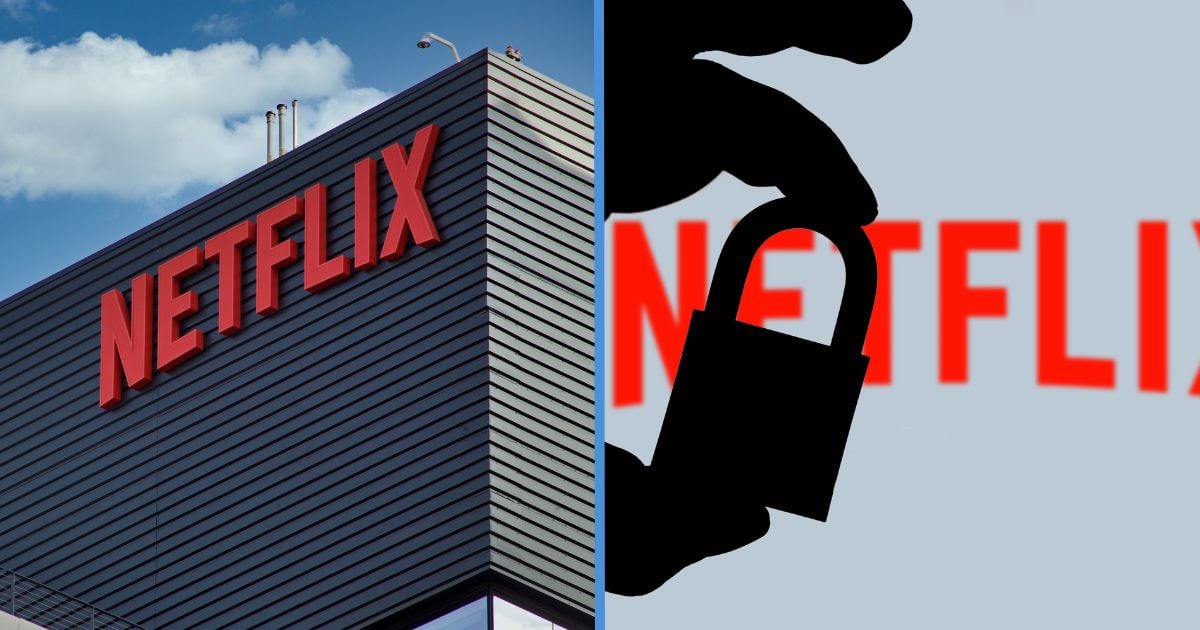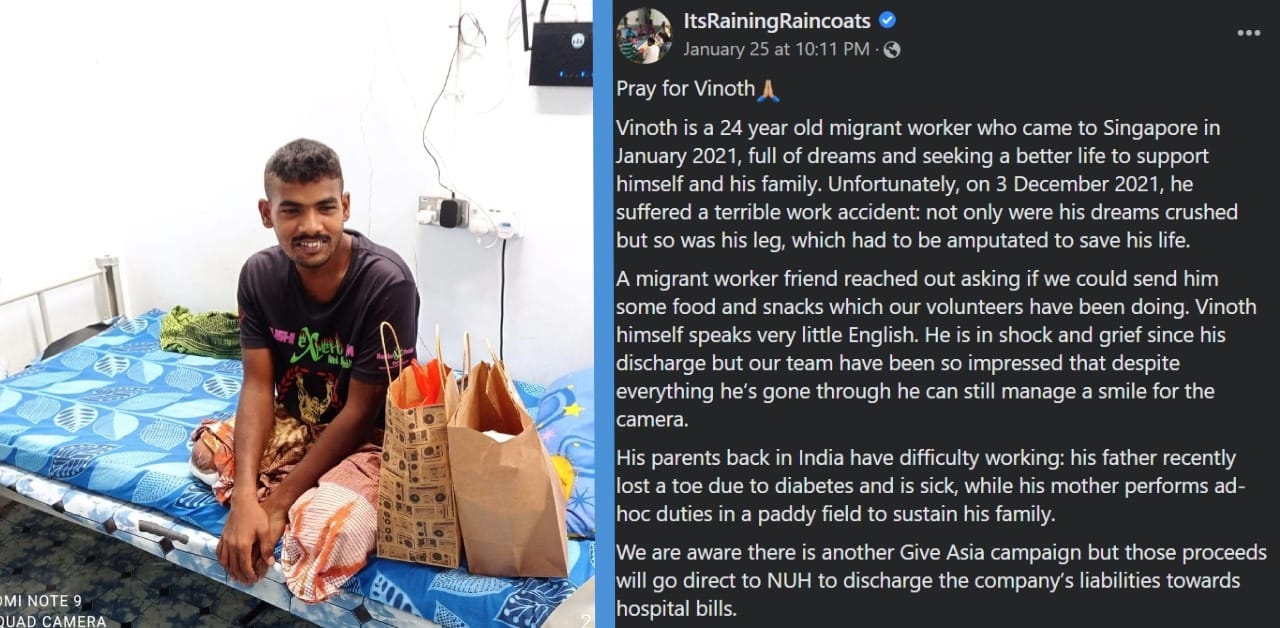On 23 May 2023, Netflix announced its efforts to crack down on password sharing, extending the new policy to more than 100 countries, including the United States.
Users were alerted that sharing their accounts for free outside their households is no longer allowed.
To inform them about the account-sharing policy, Netflix emailed customers in 103 countries and territories, including major markets like the United States, United Kingdom, France, Germany, Australia, Singapore, Mexico, and Brazil.
According to the emails, a Netflix account should only be used within a single household.
Paying customers can add a member outside their household for an additional fee, which is $10.80 per month in the United States and $6.98 per month in Singapore.
Measures Restricting Password Sharing Extended Globally
Netflix has expanded its new password-sharing guidelines from 22 May 2023, extending the measures to 103 countries and territories, including Singapore.
According to the updated rules, account owners in Singapore must pay an additional fee of $6.98 per month to allow others to access their Netflix accounts
Under these guidelines, the additional member will have their own Netflix profile, account, and password only after the inviting account owner has paid the necessary membership fees.
However, there are certain limitations on usage.
Extra members can stream Netflix content on any device, but only one can be used simultaneously.
Additionally, they can only download Netflix’s videos on one phone or tablet at a time.
Unlike the “original” account owner, extra members cannot create additional profiles, including kids’ profiles.
Netflix also requires the extra member’s account to be activated in the same country as the original account owner’s location.
Meanwhile, the original account owners can transfer a person’s profile, allowing them to retain their viewing history and recommendations.
Furthermore, people in the same household can continue sharing a Netflix account and using it on different devices while travelling without additional restrictions.
Stricter Regulations on Password Sharing Due to Decreasing Revenue
In 2017, Netflix had a different stance on password sharing and even encouraged it, considering it a “sign of love” in a tweet.
However, as Netflix faces challenges related to market saturation and increased competition, the company has shifted its approach to address these issues and generate more revenue.
The streaming video pioneer has struggled financially due to intensified competition from platforms like Disney and the global economic downturn.
Despite having a substantial customer base of over 232.5 million paying subscribers globally as of March 2023, Netflix remains committed to its strict measures against password sharing.
It estimates that more than 100 million households have shared their login credentials with individuals outside their homes.
As such, the company believes widespread account sharing would undermine its ability to invest in and enhance its platform, hindering its overall business growth.
In addition to the strengthened password-sharing policies, Netflix is introducing a new advertisement-supported service.
Although this service is unavailable in Singapore, reports indicate that nearly 20% of new subscribers in the United States have opted for the more affordable option.
The monthly subscription for Netflix with advertisements is $6.90, while the rates for the primary, standard, and premium Netflix accounts without advertisements are $9.99, $15.49, and $19.99 per month, respectively
Netflix initially launched its password-sharing crackdown as a trial in Chile, Peru, and Costa Rica.
As part of this trial, users in these countries were required to connect their viewing devices to their home Wi-Fi at least once every 31 days.
In these trial countries, guidelines specified that only individuals residing in the same household, defined as those living together in a primary location, could use a single Netflix account.
The company employed various methods, such as tracking one’s IP addresses, device IDs, and account activity, to determine whether a device used to sign in to an account was connected to the registered primary location.
Similarly, under Netflix’s new guidelines, including in Singapore, all users would face restrictions if their device is determined to have accessed Netflix content from outside their registered household.
In such cases, the device would be blocked from playing Netflix programs.



